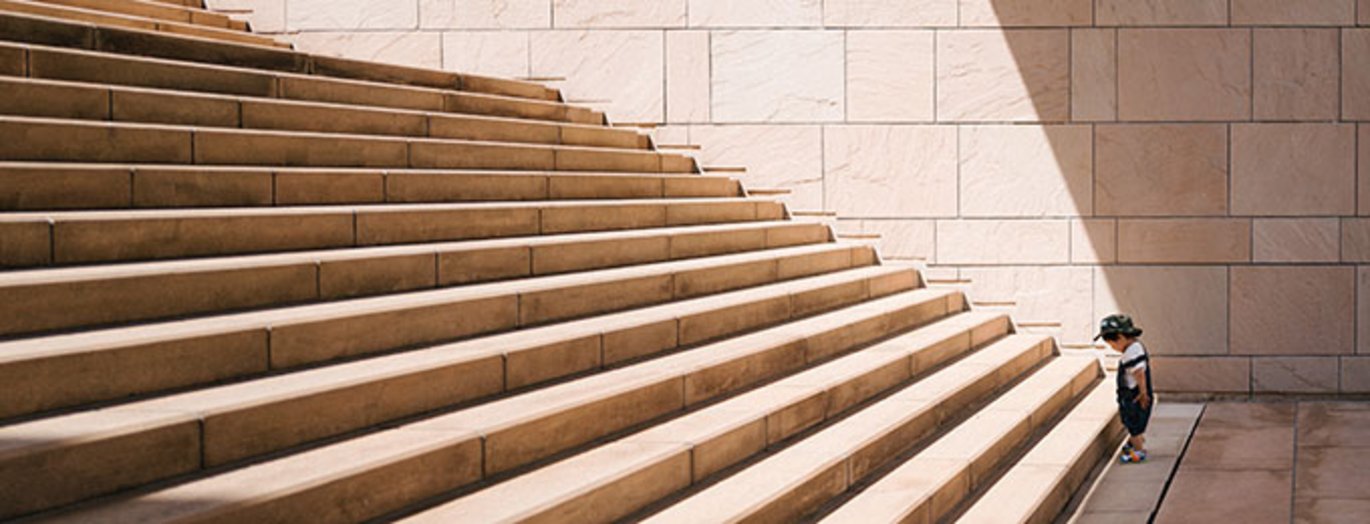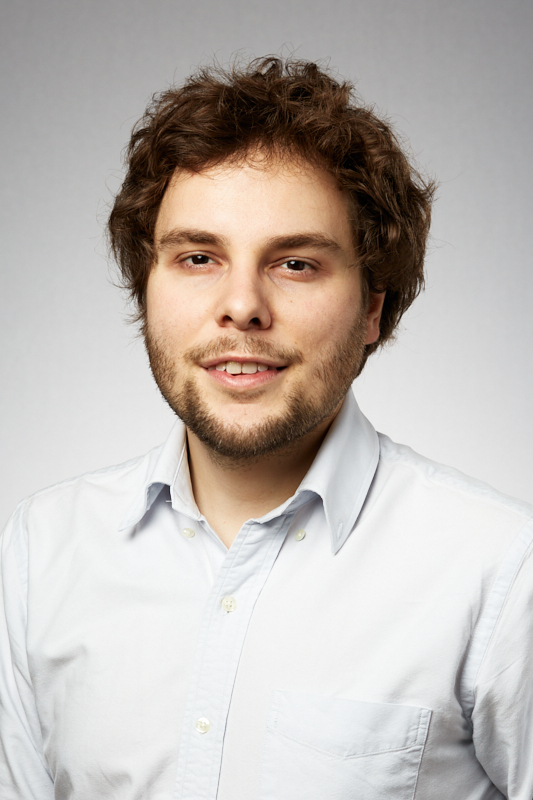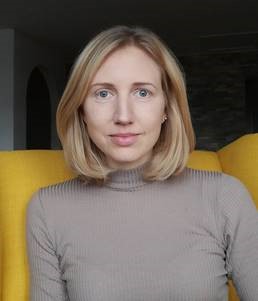How to succeed at Marie Skłodowska-Curie Actions Fellowship
The recipients of the Marie Skłodowska-Curie European Postdoctoral Fellowships have been found. Now, they share their experiences of applying for the prestigious individual grant, which has a high success rate at Aarhus BSS, where two out of six applicants were rewarded in the round of applications for 2021. The grant is aimed at postdocs, assistant professors and associate professors.



"I am just happy to receive this grant. It feels really good! I have been on other applications before, but it feels great to be PI for the first time. That I am a junior researcher and get the big responsibility is a very exciting thing,” says assistant professor of economics Hanna Fromell, who has received a Marie Skłodowska-Curie European Postdoctoral Fellowship for the project Intra House Decisions.
Assistant Professor Nickolas Gagnon from the Department of Economics and Business Economics also received the grant of approximately EUR 215,000, which is equivalent to DKK 1.6 million, for the project ECO DISC.
This gives a success rate of 33 per cent at Aarhus BSS, which is higher than the figures for AU and Denmark, both of which are 19.6 per cent. The success rate in Europe is by comparison 15 per cent.
Help from the university's masterclasses
The two new fellows agree that an important step on the way to obtaining the grant is AU's offer to participate in the Marie Skłodowska-Curie Master Class. It covers a series of workshops where you share knowledge, prepare and hear about best practice in relation to writing a good application. The research support unit, which is responsible for these masterclasses, informs the participants about the formal requirements and expectations for the application, but also provides a little extra information between the lines about what you can do to increase the chance of success.
Nickolas Gagnon, who had previously applied for the Marie Skłodowska-Curie Individual Fellowship (the previous name of the grant) with another university but was millimetres from getting it, was extra well-prepared this time.
“I asked a lot of people to read and revise my application. The people who had received the Individual Fellowship before and who had undergone this process gave the most useful feedback," says Nickolas Gagnon and adds:
“If you ask people from other universities to share their application with you, then they are often willing to do so. And that is a great way to start your own process.”
Hanna Fromell received good comments on a draft of the project application and also highlights other aspects of the masterclass as very rewarding.
“The masterclass was super nice. At the workshops, we heard two people who had received the fellowship before answer our questions. There were also presentations by some of the researchers who sat on the committee and who knew the thought process behind awarding points. The masterclass put me on the right track and set some expectations up. It was important for me to understand the different parts of the application and understand it completely,” says Hanna Fromell and clarifies:
“There is a lot of focus on how to develop yourself as a researcher, and you must be able to argue for how the host institution will help you and give you a boost as a researcher. For my part, I get to strengthen my theoretical qualities by coming to the Department of Economics and Business Economics in Aarhus.”
The perfect combination of project, training and match must be in place
Nickolas Gagnon also highlights the masterclass course as very useful:
"They make it clear what to highlight in the application, and they guide you through the various steps. You will gain an understanding that your project is not everything in this application. They place particular emphasis on the training you will receive by being associated with the research environment here and how you will grow as a researcher. And on the other hand, how the university will benefit from what you bring with you to the research environment.”
Nickolas Gagnon’s project, ECO DISC, is located at the crossroads between ‘economics of discrimination’ and ‘experimental / behavioural economics’. Using experiments, Nickolas must develop new tools for measuring moral ideals and social norms about discrimination. Nickolas already has plans to make use of the school's COBE Lab in this regard.
In her project Intra House Decisions, Hanna Fromell will draw on the academic breadth of the Department of Economics and Business Economics. The project is about Ghanaian women and men's responsibilities in the household and questions whether it is as simple as women spending money on house and children and wanting to save a little, while men's contributions seem less important, as they focus on using money here and now as well as on themselves.
"Perhaps men are responsible for areas in the family that are difficult to see, as the system is not sufficiently developed. I want to measure the norms around responsibility using experimental methods with couples in Ghana,” she explains.
Experience of supervisors
The Marie Skłodowska-Curie Postdoctoral Fellowships serve to bolster junior researchers’ career. To help them in this process, applicants select a supervisor at their host institution who will serve as a senior mentor and provide advice on research and career orientations. Both the supervisors and the applicants take part in the AU masterclass.
"The support from the university was fantastic. This is the first time I have experienced such a detailed level of support for grants – and aimed at junior candidates as well,” says Professor Daniele Nosenzo, who will serve as mentor to Nickolas Gagnon.
Hanna Fromell’s mentor, Professor Alexander Koch, agrees on the usefulness of the masterclass and is very pleased that she will have the opportunity to stay at the department.
”Hanna brings something new to the department in the form of the intersection of development economics with experimental economics, which is her expertise. She is not just repeating something that others here are doing as well. So when a window for nominating candidates came up, she took the opportunity to apply,” he says.
When asked if he would recommend others to apply for the fellowship, Daniele Nosenzo answers approvingly:
"I think it is a very nice and prestigious grant. It is definitely something that we should keep our eyes and ears open for in the future.”
Further information:
The Marie Skłodowska-Curie Action Postdoctoral Fellowship is a mobility programme / career development programme open to researchers who received their PhD in the past 8 years. The grant period is 1-2 years.